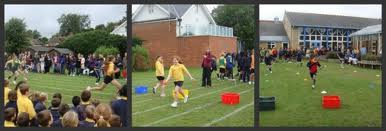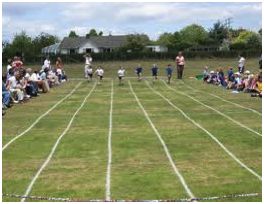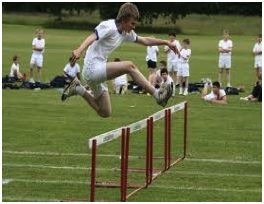Or search by topic
Number and algebra
Geometry and measure
Probability and statistics
Working mathematically
Advanced mathematics
For younger learners
Our Sports



- Problem
- Student Solutions
- Teachers' Resources
Our Sports
There are lots of different races and games that will go on in the Olympic Games.
You may be able to remember your school sports day when there were lots of races and games.

Is there a race or game that you would like to be in?
Or
Do you have a favourite race or game that's part of the Olympic Games?
What about the rest of your class, do they have a favourite race or game?


Can you think of a way that would tell other classes what race or game is liked by most of your class?
Could you also think of a way to show what is least popular?
How would you do that?
Another thing that you may be able to do is to show other classes which races or games are most liked by your class.
Why do this problem?
This activity may be used as a good start to discuss about collecting data on a relevant topic. It offers pupils the chance to decide what method of collecting data they might use, and how they would like to display what they find out.
Possible approach
You might choose to begin by asking the children what competitive games they know, and what they know about them. You might choose to show some videos from the frequently updated Olympic website.
Key questions
Tell me what information you want to collect.
Possible extension
Ask the pupils in what ways can they extend their data collection to take into account more information, and how they might display their additional findings.Possible support
Some pupils may benefit by having pictures of different games and sports to remind them of the key pieces of information about each.You may also like
Graphing Number Patterns
Does a graph of the triangular numbers cross a graph of the six times table? If so, where? Will a graph of the square numbers cross the times table too?
Dining Ducks
Use the information about the ducks on a particular farm to find out which of the statements about them must be true.
How Big Are Classes 5, 6 and 7?
Use the two sets of data to find out how many children there are in Classes 5, 6 and 7.

